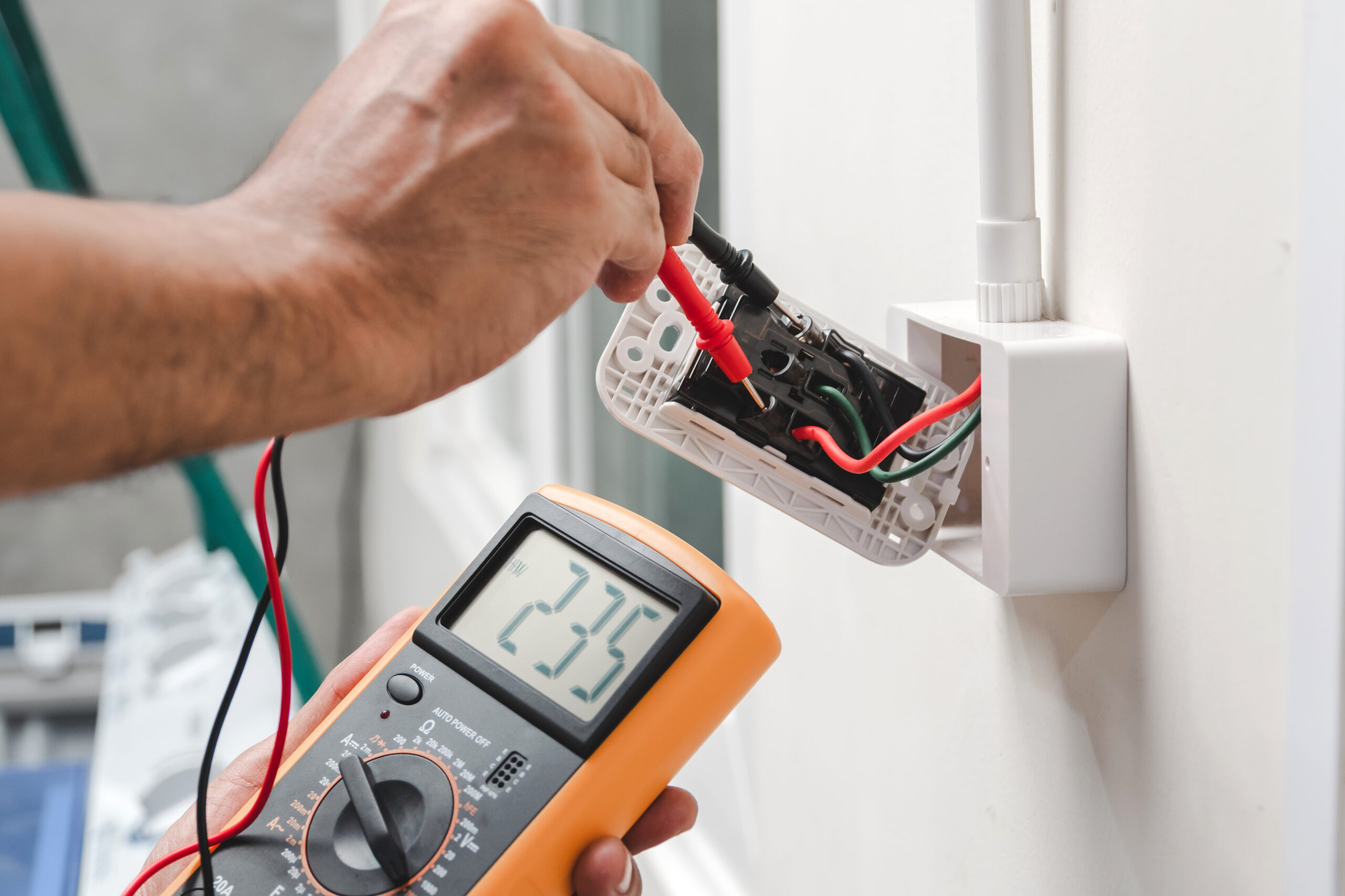Electrical Inspections: Everything You Need to Know
Electrical inspections are a crucial part of home maintenance and safety. Electrical inspections are conducted to ensure that all electrical systems and equipment in a home are up to code and safe to use. They are typically conducted by licensed electricians or inspectors who are trained to identify and correct any electrical hazards in a home.
Why Are Electrical Inspections Important?
 Electrical inspections are important for several reasons. First, they help ensure that your home is safe from electrical hazards that can cause fires, electrocutions, or other serious injuries. Second, they can help identify and correct electrical issues that may be causing your electricity bill to be higher than it should be. Third, electrical inspections can help identify potential problems that could lead to costly repairs down the road.
Electrical inspections are important for several reasons. First, they help ensure that your home is safe from electrical hazards that can cause fires, electrocutions, or other serious injuries. Second, they can help identify and correct electrical issues that may be causing your electricity bill to be higher than it should be. Third, electrical inspections can help identify potential problems that could lead to costly repairs down the road.
When Should You Have an Electrical Inspection?
There are several situations when you should consider having an electrical inspection conducted:
When purchasing a new home: It is important to have an electrical inspection conducted before purchasing a new home to ensure that the electrical system is up to code and safe to use.
When renovating or adding onto a home: Electrical inspections are necessary when renovating or adding onto a home to ensure that any new electrical systems or equipment are installed correctly and up to code.
When a home is over 40 years old: Homes that are over 40 years old may have outdated electrical systems that are no longer up to code or safe to use.
When experiencing electrical issues: If you are experiencing electrical issues in your home, such as flickering lights or frequent power outages, it is important to have an electrical inspection conducted to identify and correct the problem.
What Happens During an Electrical Inspection?
 During an electrical inspection, the inspector will evaluate the electrical systems and equipment in your home to ensure that they are up to code and safe to use. This will typically include:
During an electrical inspection, the inspector will evaluate the electrical systems and equipment in your home to ensure that they are up to code and safe to use. This will typically include:
- Evaluating the electrical panel and circuit breakers
- Checking the wiring and grounding
- Testing the GFCI and AFCI protection
- Inspecting the electrical outlets and switches
- Examining the lighting fixtures
- Checking for any other electrical hazards
If the inspector finds any issues, they will typically provide a report detailing the issues and what needs to be done to correct them. In some cases, the inspector may be able to correct the issues on the spot.
What if Your Home Fails an Electrical Inspection?
If your home fails an electrical inspection, it is important to address the issues as soon as possible to ensure the safety of you and your family. Depending on the severity of the issues, you may need to hire a licensed electrician to make the necessary repairs.
In some cases, the issues may be minor and can be corrected easily. For example, if the inspector finds that an outlet is not properly grounded, this can typically be corrected by installing a grounded outlet.
If the issues are more severe, such as outdated wiring or a faulty electrical panel, it may require some more extensive repairs or even a complete rewiring of the home. This can be a very costly and time-consuming process, but it is necessary to ensure the safety of you and your family.
Conclusion
Electrical inspections are an important part of home maintenance and safety. By having an electrical inspection conducted, you can identify and correct any electrical hazards in your home, ensure that your electrical system is up to code and safe to use, and potentially save money on your electricity bill. If your home fails an electrical inspection, it is important to address the issues as soon as possible to ensure the safety of you and your family.




[…] Having a job is of paramount importance these days. Indeed, there are many jobs in the world. The fact…
[…] Personally, I need a hot shower whether we are in winter or summer because I don’t feel clean otherwise,…
[…] Sound off in the comments section below, and tell us what you want to read next and if you…
[…] unfortunately, when it concerns a major plumbing issue, a botched job might end up causing a lot of harm…
[…] overestimate your talents, either. Sure, some simple jobs (like prevention!) can be done by a handy homeowner. But don’t…